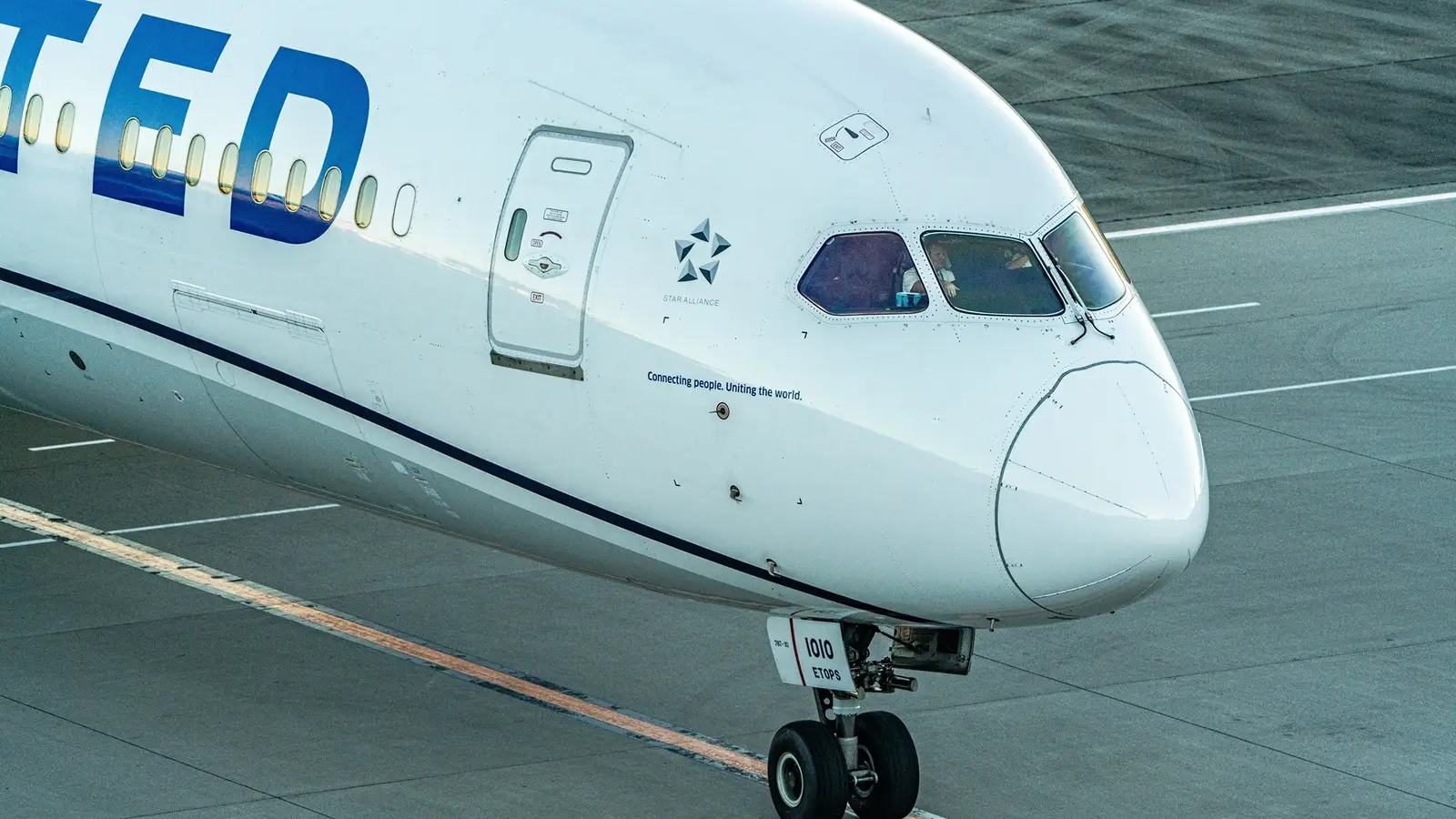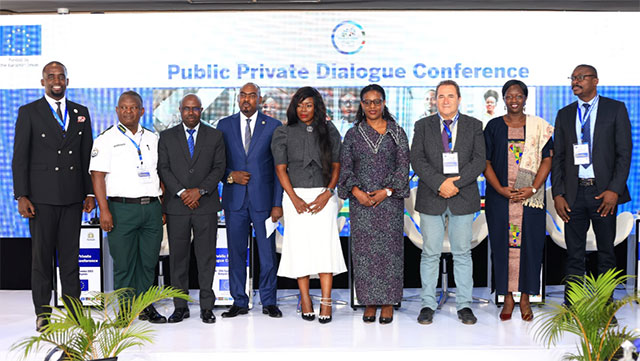
In a move that might surprise some industry enthusiasts, United Airlines (NYSE: UAL) CEO Scott Kirby recently argued that the Olympic Games will be a net negative for airlines in Los Angeles, as core business travel patterns will freeze due to the leisure-driven demand that will pull travelers to the city. Kirby’s argument here is supported by the fact that corporate clients tend to impose travel freezes during the games and avoid host cities due to overcrowding, eroding high-yield revenue streams as leisure demand rises considerably. This will shift the price mix towards cost-sensitive tourists, which will put pressure on yield and fill seats with lower ancillary spending.
Host-city constraints, including limited gate availability and airspace restrictions, do increase congestion and thus operational costs, all while reducing schedule flexibility for an airline like United Airlines. The event’s timing disrupts network flows for airlines, making connecting traffic less efficient. Airlines that may be able to add some capacity on peak days during the games will likely see margin erosion on these routes due to a lack of corporate volume.
What Exactly Did Scott Kirby Say?
Scott Kirby was quick to indicate his belief that the 2028 Olympics in Los Angeles would be a net negative for airlines. He argued principally that the Olympics lead business travel to lag, ultimately reducing demand in premium cabins, where United and many of its peers are overexposed. Kirby was quick to note that United will participate and will add flights to the Olympic Games. However, he was also quick to point out that he does not expect the games to provide a financial windfall for the airline.
He was quick to indicate that he thinks the operational interruptions from the games will be relatively limited in scope, but that it will result in less demand for airlines. He indicated that these comments are representative of an industry pattern he has observed over time, with the Olympics leading to fewer business trips and a softer revenue mix. In a statement published by the LA Times, Kirby had the following words to share:
“The Olympics, interestingly for airlines, lead to less demand. When the Olympics come to town, business travel shuts down. We’re going to add flights, and we’re going to be a participant. It’s not a big deal, but it actually is a net negative for airlines when the Olympics come to town.”
Is Scott Kirby’s Claim Credible?
Unlike some of Kirby’s more bold claims that we have seen this week, this claim is somewhat credible. Much like his recent claim that American Airlines was losing $800 million in Chicago (which industry analysts have questioned extensively), these comments are grounded in industry precedent. We have seen mega-events over time (including the World Cup and the Olympics) crowd out high-yield corporate travelers by replacing them with lower-revenue leisure-oriented customers.
Back in Paris 2024, Air France-KLM guided for significant revenue declines as travelers aimed to avoid Paris during the games, and most locals postponed trips as a result. We observed similar behavior around the London Olympics in 2012 when it came to British Airways’ financial performance.
Independent industry analysts have consistently found the Olympics to offer no significant benefits to airlines, with leisure travel spikes typically offset by larger corporate pullbacks. Kirby’s assertion that airlines participate extensively despite seeing a net decline in demand demonstrates airlines’ continued commitment to serving customers.
What’s The Bottom Line?
At the end of the day, the Olympic Games are an exciting event for leisure travelers. For business travelers, this is not exactly the case.
Traffic, airport congestion, and ease of transit hit all-time highs, making it extremely unappealing for corporate travelers to visit a city during the games. This traditionally leads to the kind of corporate demand pullbacks that Scott Kirby has elected to highlight in his recent comments.
Despite being a period of relatively weak margins, the Olympic Games still offer some opportunities for airlines. Specifically, the games are a strong opportunity for airlines to leverage their relationships with customers, especially through sponsorships.



